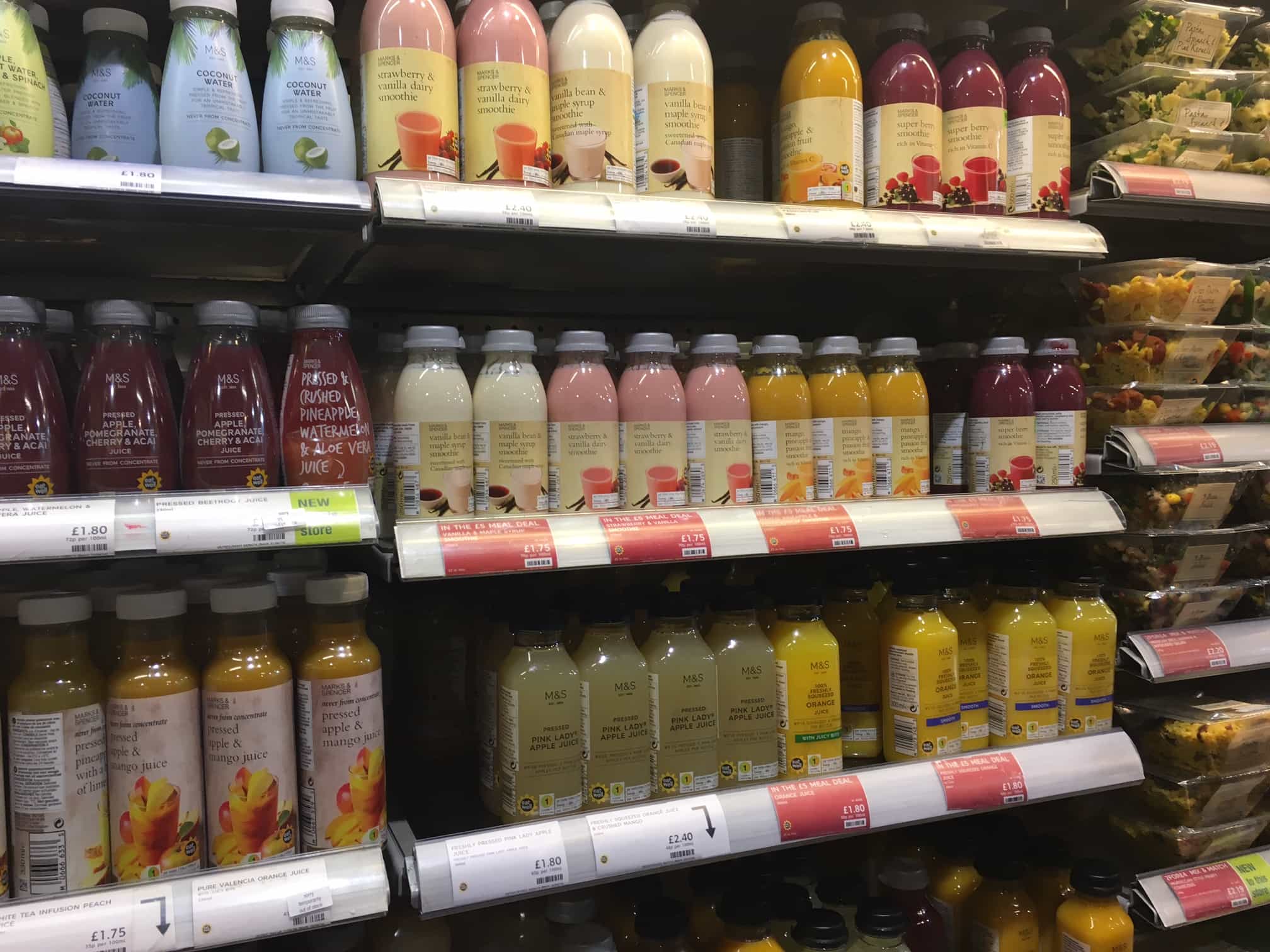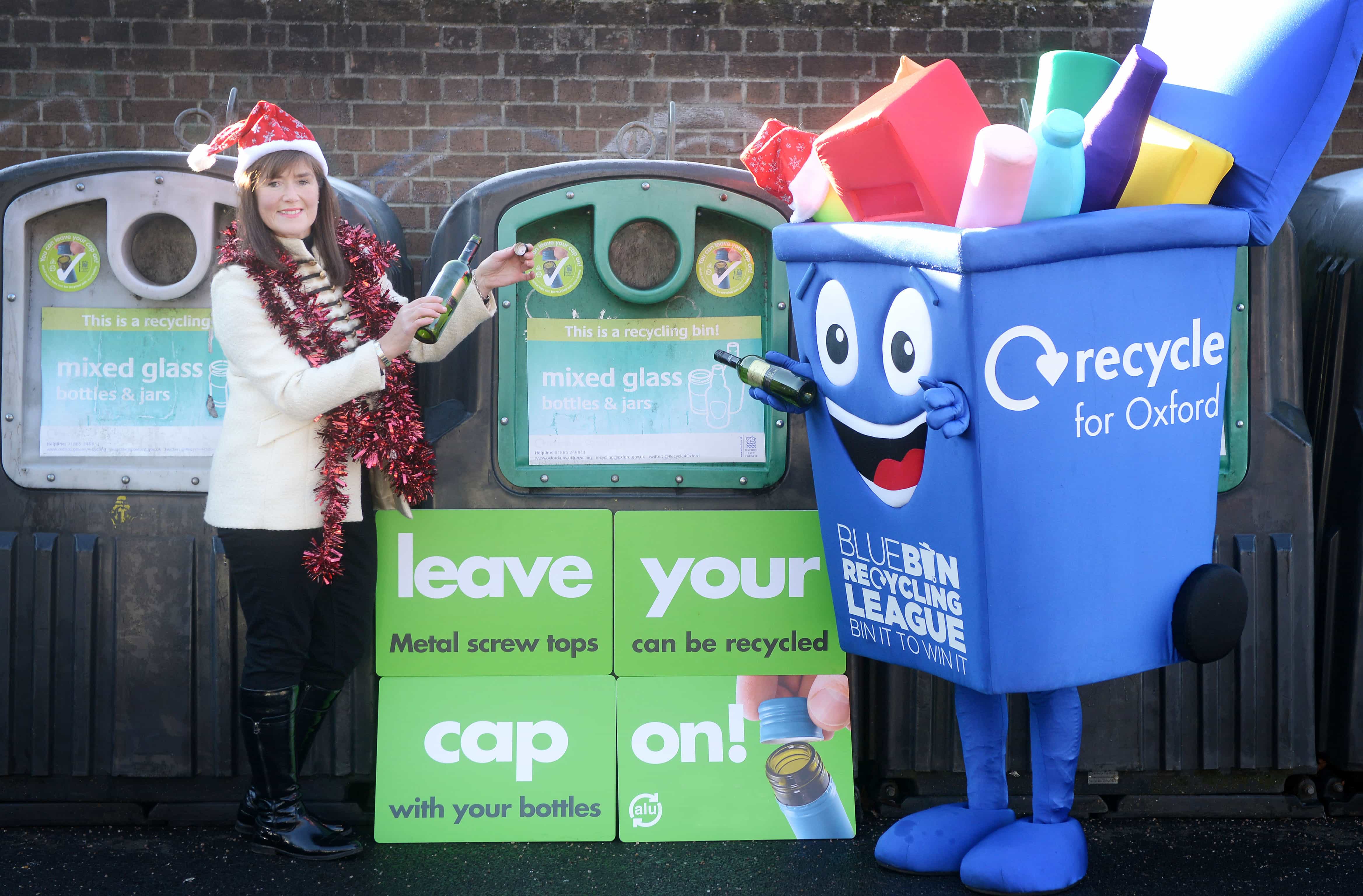Screening of the Sky Atlantic television documentary on plastics recycling and exports to China, which showed contaminated material in Hong Kong and plastic bales seemingly abandoned in Poland, is expected to put pressure on government to review the PRN system as part of its waste strategy preparation work.
And, the official advisory body on packaging to the Department for the Environment, Food and Rural Affairs has recommended a number of changes to the system, including with regard to export PRNs.

Rules covering the packaging waste system in the UK for products ranging from plastic bottles through to wooden pallets could be amended
Industry experts have told letsrecycle.com that they do expect some changes to be introduced by government because of the concerns over export PRNs and other issues, including low transparency over where funds are spent. Changes to the system are also likely to be influenced by the European Union’s Circular Economy package which has an aim of imposing more responsibility on producers of products.
PRN system
The PRN system delivers the UK’s responsibility to ensure targets set by the European Union for the recycling of packaging are met (see letsrecycle.com packaging section)
The chair of the government’s Advisory Committee on Packaging, Phil Conran of 360 Environmental, today (26 January) welcomed the Sky Atlantic programme looking at the exports of plastics for recycling to China, as “hard-hitting”.
He commented: “Whilst in places it is exaggerated and a bit out of date, given the pace of developments over the last three months, it is worth watching.”
‘Endemic’
Angus Macpherson, managing director of the Environment Exchange, commented that the PRN section of the programme had been “roped in”. He said: “The programme is well made but essentially just rehashing endemic problems in the plastic sector, rather than the PRN system, although it has been roped in, which they have made very little attempt to resolve.”
‘Future Regulations’
The ACP itself has recognised the need for change in the system arguing for “a level playing field requiring effective enforcement, such as free rider minimisation and export quality controls.”
In a paper submitted to the Department for Environment, Food and Rural Affairs at the end of last month on ‘Future Regulations’, the ACP notes that the UK is “vulnerable to dependence on exports.” It advised that there was a need for government intervention to encourage UK reprocessing growth and that also demand-led incentives were required. The latter is seen as a call for a policy for manufacturers to be encouraged to use recycled feedstocks.
“Recent market failures of UK reprocessing capacity for post-consumer plastics indicates a need for intervention to de-risk the process to encourage investment”
Future Regulations report
Advisory Committee on Packaging
Commenting on this in more detail, the ACP paper notes that “recent market failures of UK reprocessing capacity for post-consumer plastics indicates a need for intervention to de-risk the process to encourage investment. This requires demand drivers that can only be implemented through central Government policy such as buy-recycled and recycled content encouragement within the constraints of other regulatory requirements such as food standards.”
And, the ACP says that this will also “require support for UK based reprocessing activities that may need pump priming” through a strategic investment fund.
The ‘Future Regulations’ paper also a number of key topics around the PRN including communications, the use of compliance revenues and the shaping of targets.
Revenue
On the use of compliance revenue, it is suggested that compliance revenue should be modulated to relate more to potential environmental impact of packaging type rather than simple material split eg rigid/composites/film and difficult plastics.
And it is reasoned that while the current system provides important flexibility for appropriate market reaction to over/under-supply, it dis-incentivises strategic investment. “Over-dependence on uncertain export markets will need strategic infrastructure development support.”
The ACP recommends a fixed funding mechanism be created “either as part of or in parallel with the PRN system eg a placed on the market fee. This would be material and/or sub-material specific and could, if required, be developed to meet the partial or full cost recovery requirement that may be part of the final CEP package.”
Communications
On communications, it is suggested that the PRN system supports a major communications campaign to the value of as much as £30 million.
Learning from other countries and from various UK initiatives indicates that a key driver of higher consumer participation in recycling systems is a coordinated and high profile national communications programme, says the document.

Campaigns could benefit from a communications fund proposed by the Advisory Committee on Packaging in a paper on potential changes to the UK system (picture: Richard Cave)
“This is considered a key shortfall of the current system and a National recycling communication programme is required for both consumers and businesses. To be effective, it will need to be fixed, well-funded and ongoing. Based on evidence, an annual budget of £20-30m was considered necessary.”
Consistency
The campaign, suggests the ACP paper, should be coordinated with other recycling issues such as collection consistency, and include both national and local elements in its delivery.
“It would require a management body and expert support to determine the most effective communications strategy. Disbursement should be where needed and not related to how raised eg not material specific. And, the funding mechanism would need to sit outside the PRN market mechanism.”
Valpak
Besides the paper from the ACP, last year the Valpak compliance scheme put forward its own proposals in its PackFlow 2025 document (see letsrecycle.com story), for amending the PRN system which also included investment in a communications campaign.
Defra
Now, in the wake of the Sky programme and with much interest in the PRN and particularly how income is generated and spent, more representations are likely to be received by Defra before official indications of the way forward emerge.
The post Defra advisory body backs export PRN changes appeared first on letsrecycle.com.
Source: letsrecycle.com Plastic



